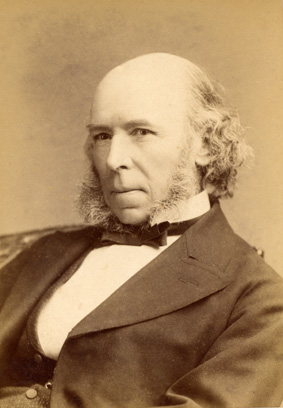Historical figure
== Historical Figure ==
A historical figure is a person who has had a significant impact on history and is often remembered for their contributions, actions, or influence during their lifetime. These individuals are typically well-documented in historical records and are studied for their roles in shaping the course of events in various fields such as politics, science, art, and culture.
Characteristics[edit | edit source]
Historical figures are often characterized by their notable achievements, leadership, and the lasting legacy they leave behind. They may be leaders, thinkers, artists, scientists, or activists who have made substantial contributions to society. Their actions and decisions often have far-reaching consequences, influencing the lives of many people and the development of nations and cultures.
Examples of Historical Figures[edit | edit source]
Some well-known historical figures include:
- Julius Caesar - A Roman general and statesman who played a critical role in the events that led to the demise of the Roman Republic and the rise of the Roman Empire.
- Cleopatra - The last active ruler of the Ptolemaic Kingdom of Egypt, known for her intelligence, political acumen, and relationships with Roman leaders Julius Caesar and Mark Antony.
- Leonardo da Vinci - An Italian polymath whose areas of interest included invention, painting, sculpting, architecture, science, music, mathematics, engineering, literature, anatomy, geology, astronomy, botany, writing, history, and cartography.
- Mahatma Gandhi - An Indian lawyer, anti-colonial nationalist, and political ethicist who employed nonviolent resistance to lead the successful campaign for India's independence from British rule.
- Marie Curie - A physicist and chemist who conducted pioneering research on radioactivity and was the first woman to win a Nobel Prize.
Importance of Studying Historical Figures[edit | edit source]
Studying historical figures allows us to understand the context of their times, the challenges they faced, and the impact of their actions. It provides insights into the development of human civilization and helps us learn from past successes and failures. Historical figures often serve as role models or cautionary tales, offering lessons that are relevant to contemporary issues.
Related Pages[edit | edit source]
Categories[edit | edit source]
Search WikiMD
Ad.Tired of being Overweight? Try W8MD's physician weight loss program.
Semaglutide (Ozempic / Wegovy and Tirzepatide (Mounjaro / Zepbound) available.
Advertise on WikiMD
|
WikiMD's Wellness Encyclopedia |
| Let Food Be Thy Medicine Medicine Thy Food - Hippocrates |
Translate this page: - East Asian
中文,
日本,
한국어,
South Asian
हिन्दी,
தமிழ்,
తెలుగు,
Urdu,
ಕನ್ನಡ,
Southeast Asian
Indonesian,
Vietnamese,
Thai,
မြန်မာဘာသာ,
বাংলা
European
español,
Deutsch,
français,
Greek,
português do Brasil,
polski,
română,
русский,
Nederlands,
norsk,
svenska,
suomi,
Italian
Middle Eastern & African
عربى,
Turkish,
Persian,
Hebrew,
Afrikaans,
isiZulu,
Kiswahili,
Other
Bulgarian,
Hungarian,
Czech,
Swedish,
മലയാളം,
मराठी,
ਪੰਜਾਬੀ,
ગુજરાતી,
Portuguese,
Ukrainian
Medical Disclaimer: WikiMD is not a substitute for professional medical advice. The information on WikiMD is provided as an information resource only, may be incorrect, outdated or misleading, and is not to be used or relied on for any diagnostic or treatment purposes. Please consult your health care provider before making any healthcare decisions or for guidance about a specific medical condition. WikiMD expressly disclaims responsibility, and shall have no liability, for any damages, loss, injury, or liability whatsoever suffered as a result of your reliance on the information contained in this site. By visiting this site you agree to the foregoing terms and conditions, which may from time to time be changed or supplemented by WikiMD. If you do not agree to the foregoing terms and conditions, you should not enter or use this site. See full disclaimer.
Credits:Most images are courtesy of Wikimedia commons, and templates, categories Wikipedia, licensed under CC BY SA or similar.
Contributors: Prab R. Tumpati, MD







